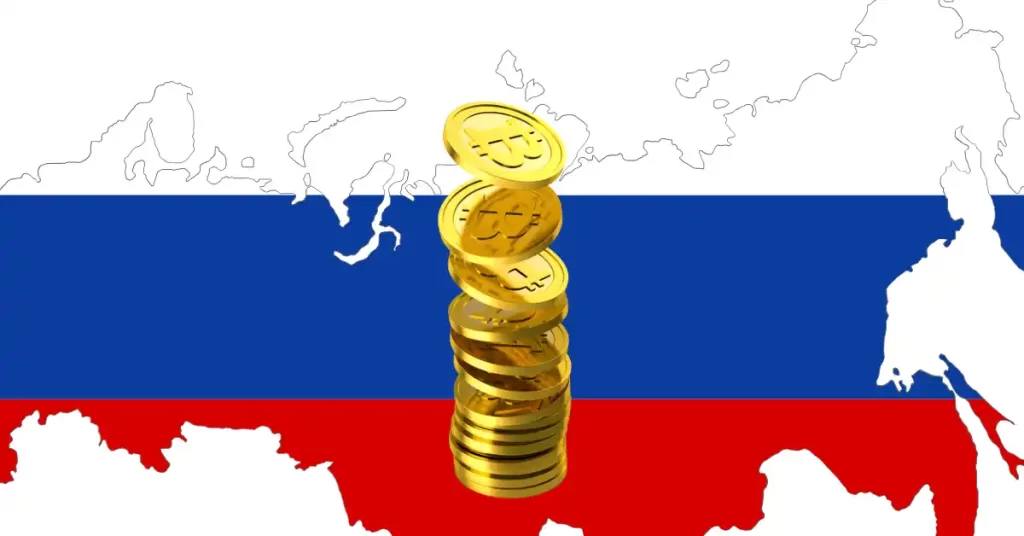
The post EU’s 19th Sanctions Package Hits A7A5 Stablecoin and Crypto Exchanges appeared first on Coinpedia Fintech News
The European Union has unveiled its 19th round of sanctions against Russia, targeting key sectors that support Moscow’s war in Ukraine.
Cryptocurrency is also a major focus, as the EU seeks to prevent Russia from using digital assets to bypass sanctions.
“We have just adopted our 19th package of sanctions. It targets Russian energy, banks, crypto exchanges, and entities in China, among others. The EU is also regulating the movements of Russian diplomats to counter attempts at destabilisation,” said Kaja Kallas, EU High Representative for Foreign Affairs and Security Policy.
EU Targets A7A5 Stablecoin
The council notes that Russia has increasingly turned to cryptocurrency in circumventing sanctions. It notes that the Russian state-backed stablecoin A7A5 has become a key tool for financing the war.
To tackle this, the EU’s latest sanctions target the developer of A7A5, its issuer in Kyrgyzstan, and the platform where large amounts of the coin are traded. On top of that, any transactions involving A7A5 are now banned across the EU.
Sanctions on Banks and Payment Systems
Further, at least eight banks and oil traders from Tajikistan, Kyrgyzstan, the UAE, and Hong Kong that circumvent EU sanctions are subject to a transaction ban.
Five Russian banks- Istina, Zemsky Bank, Absolut Bank, MTS Bank, and Alfa-Bank are also hit with the same measures. In addition, four banks in Belarus and Kazakhstan face a transaction ban due to their links to Russian financial messaging and payment systems.
The EU is also banning its operators from working with Russia’s National Payment Card System (“Mir”) or the Fast Payments System (“SBP”). Further, strict limits are now in place on business dealings with companies in nine Russian special economic zones that are key hubs supporting the war effort.
Earlier this month, reports showed that the ruble-backed A7A5 stablecoin had handled over $6 billion in cross-border transactions since August, even after U.S. sanctions targeted some of its operators.
Russia’s Move to Legalize Crypto
This comes as Russia is taking a major step toward embracing digital currencies as it is all set to legalize crypto for international trade.
The government believes that legalizing crypto and introducing oversight will help control a market that has so far operated loosely.
EU sanctions highlight the effort to curb Russia’s use of digital currencies to bypass sanctions. Russia’s push to legalize crypto highlights how crucial these tools have become for cross-border trade.

 2 months ago
7864
2 months ago
7864















 English (US)
English (US)